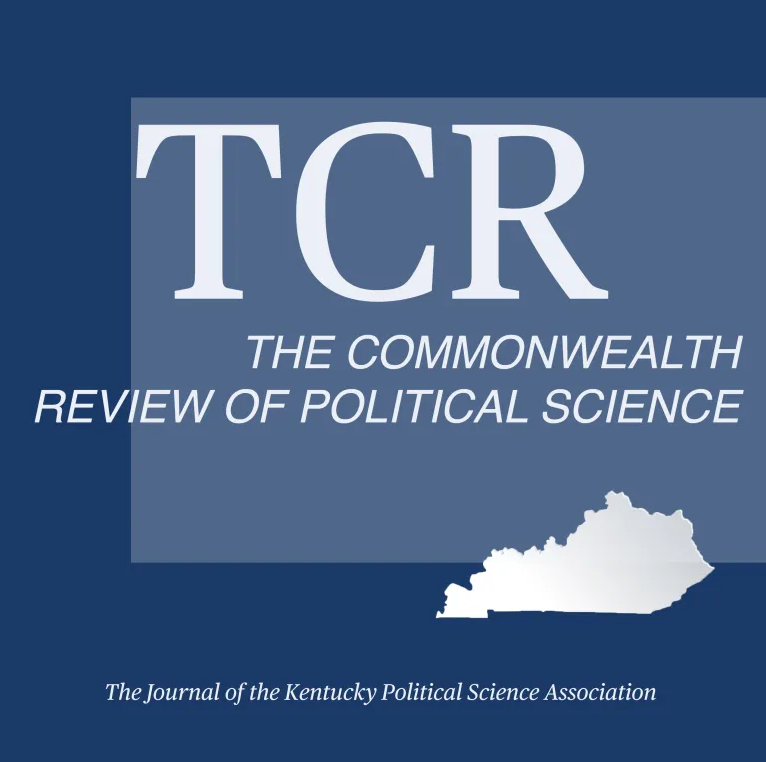Commonwealth Review of Political Science

Abstract
This paper looks critically at several of the principal arguments employed for and against the continued use of the Electoral College, as opposed to a system of direct popular vote. The Electoral College does not merely diverge from our common American practices of direct popular vote, but it does so in ways that primarily benefit some states at the expense of others. While federalism clearly has desirable features for the United States, and a two party system may be desirable, neither is threatened by the removal of the Electoral College. Many of the defenses of the College appear to indicate a skepticism toward holding a large-scale national election, but, to the extent that such skepticism is justified, the Electoral College system, which is essentially a national election with some arbitrary twists, is not a reasonable alternative.
Recommended Citation
Heyrman, John
(2013)
"The Electoral College: A Critical Analysis,"
Commonwealth Review of Political Science: Vol. 1:
No.
1, Article 4.
DOI: https://doi.org/10.61611/2994-0044.1005
Available at:
https://digitalcommons.murraystate.edu/crps/vol1/iss1/4
Included in
History Commons, Political Science Commons, Psychology Commons

